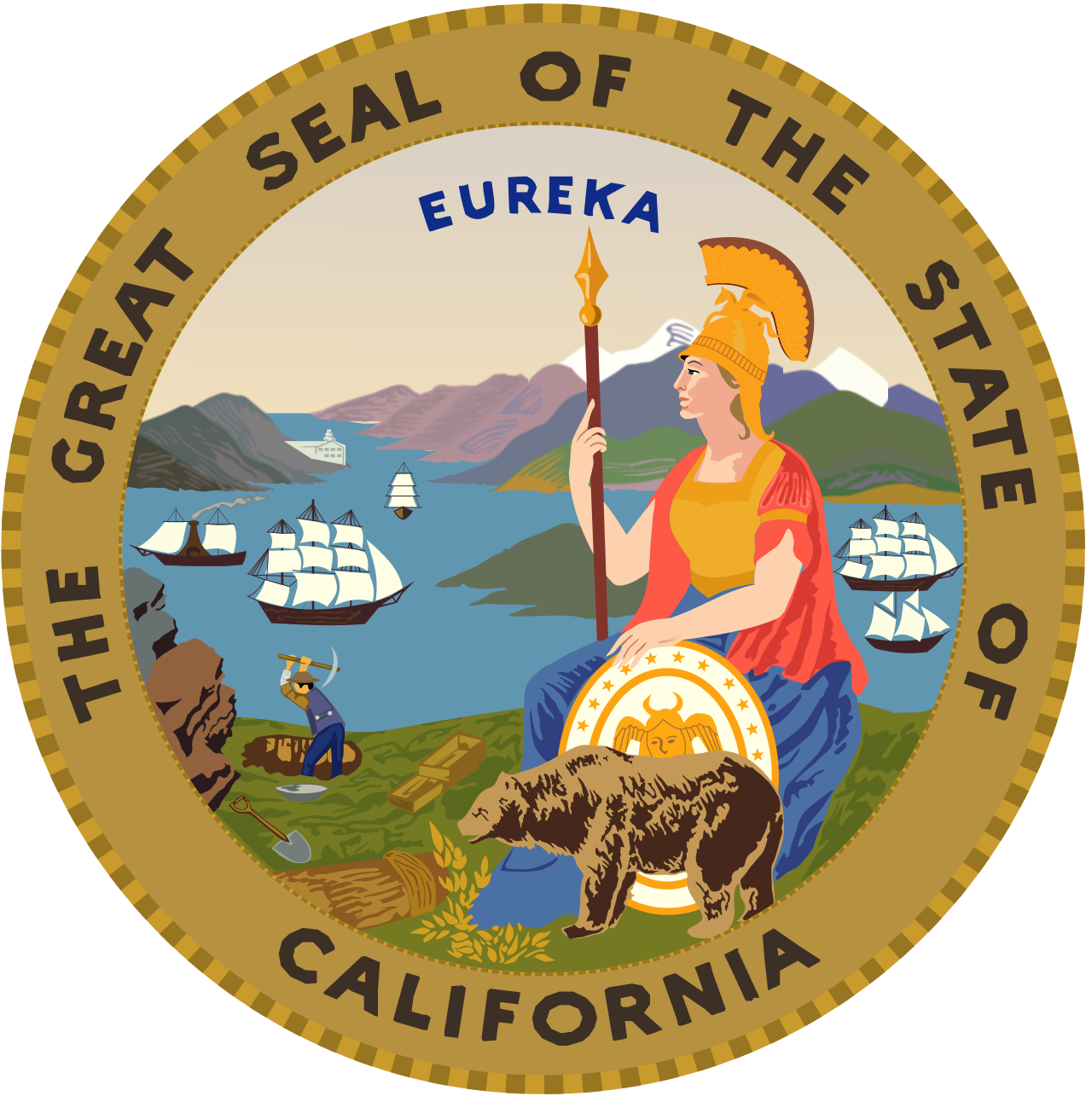- cross-posted to:
- [email protected]
- cross-posted to:
- [email protected]
for those who dont want to look up in the article Ultra Processes Foods is defined by California.
The text of California’s new law defines a UPF as any food or beverage that contains stabilizers, thickeners, propellants, colors, emulsifiers, flavoring agents, flavor enhancers, nonnutritive sweeteners or surface-active agents – and has high amounts of saturated fat, sodium or added sugar, or nonnutritive sweeteners.
parties agree that food should be healthier. just that its hard to define exactly what is and isnt ultra processed.
That sounds entirely unenforceable. Flour is a thickening agent in some recipes.
But also… “propellants”?
Commonly used with things like nonstick sprays or whipcream or spray cheese.
hmm, ok, I was thinking like, gunpowder…
or rocket boosters
Not gunpowder; but some of them are hydrocarbons or other things you wouldn’t want in your food. Most of them are just like the same kinda reagents as vinegar and baking soda, just creating gasses so the can has pressure to push out the stuff.
Does the law go into more detail than that? Because thickeners can come from things that are really no big deal. Most jams and jellies have pectin, which is derived from fruit. Without it, I’m pretty sure we’d just have chunky fruit juice.
Gravy is almost certainly thickened with flour or corn starch or similar. So do many stews and stuff.
Mustard powder is a common emulsifier in things like mac and cheese. For those not aware, an emulsifier just keeps a sauce or whatever together
Flavoring agents? Like… If I add literally any ingredient for flavor would that be a flavoring agent? And flavor enhancers, would a little bit of salt qualify?
I don’t think so, which is why its hard to define. Of the definition, I think most of the last part is agreeable. but like you said, the part I have a problem with is thickeners, and flavor enhancers as theyre kinda too broad. MSG for example is a naturally occurring flavor enhancer. And you can debate on adding more of it is a potentially bad thing or not (hard to get hard scientific evidence that its fully bad).
additive colors are already banned in most states so that definition is mostly redundant.
other than eating fair traded organic vegatables, and fruits, everything else is processed with some of the above. yea i dont know how they are going to clarify it. also by the way celery and any celery related products naturally have high amounts of nitrates in them. or offering cooked meat, which is expensive.
they should be more concerned about giving enough calories to last the whole school days, rather than worrying about which foods is not good. most students dont have access to free lunches in general, or breakfast.
california has made school lunches free regardless of family income for a few years already. So thats not a problem given the context of the state in question.
So cornstarch runs afoul?
Laws like this largely suck once people try to get some answers.
Good luck getting something like that done in the bible belt, priests like their altar boys chubby and unable to run.
I wonder where exactly the line between “ultra-processed food” and “processed food” of the acceptable sorts lies. I mean, you can’t feed the kids just raw fruit and veg - cooking was invented for a reason - so there must be a definition that probably goes between e.g. “mash made from freshly cooked potatoes” and “mash made from water and potato flakes”. Or is the latter still on the “good” side?



